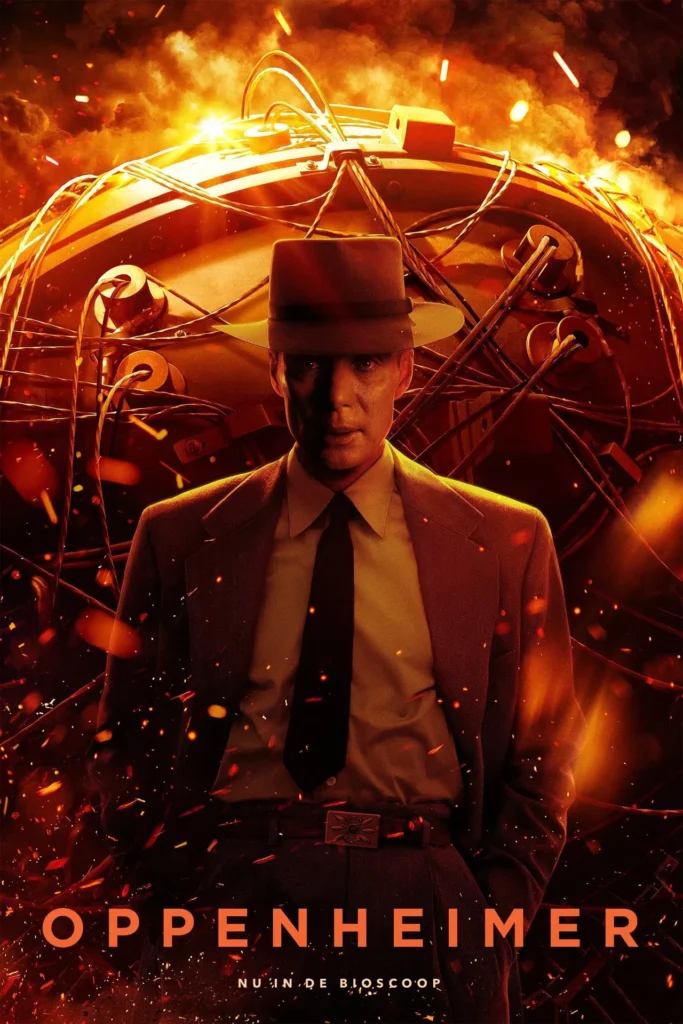
Christopher Nolan’s Oppenheimer is a powerful biographical drama that explores the life of J. Robert Oppenheimer, the physicist who led the development of the atomic bomb during World War II. The film has captivated audiences with its intense storytelling and striking visuals—but many viewers are left wondering: Is it a true story?
Fact vs. Fiction
Oppenheimer is largely based on real events and historical figures. The film draws inspiration from the acclaimed biography American Prometheus by Kai Bird and Martin J. Sherwin, which chronicles Oppenheimer’s role in the Manhattan Project and his complex legacy.
Key moments—such as the secret development of the atomic bomb in Los Alamos, the Trinity test, and the political fallout Oppenheimer faced afterward—are grounded in historical fact. Characters like General Leslie Groves and physicists Edward Teller and Niels Bohr were all real people involved in the project.
That said, like many historical dramas, some scenes are dramatized or condensed for narrative flow. Dialogue in private settings, emotional reactions, and personal relationships may not be fully documented and are often reimagined to enhance storytelling. Director Christopher Nolan also uses visual symbolism and non-linear timelines to reflect Oppenheimer’s psychological state—creative choices that add depth but aren’t literal history.
Conclusion
So, is it a true story? Yes—Oppenheimer stays close to real historical events while adding dramatic elements to engage viewers. It offers an insightful look at one of the most influential scientists of the 20th century.
Want to know which movies really happened ? Visit isittruestory.com and discover that reality is often stranger than fiction !
